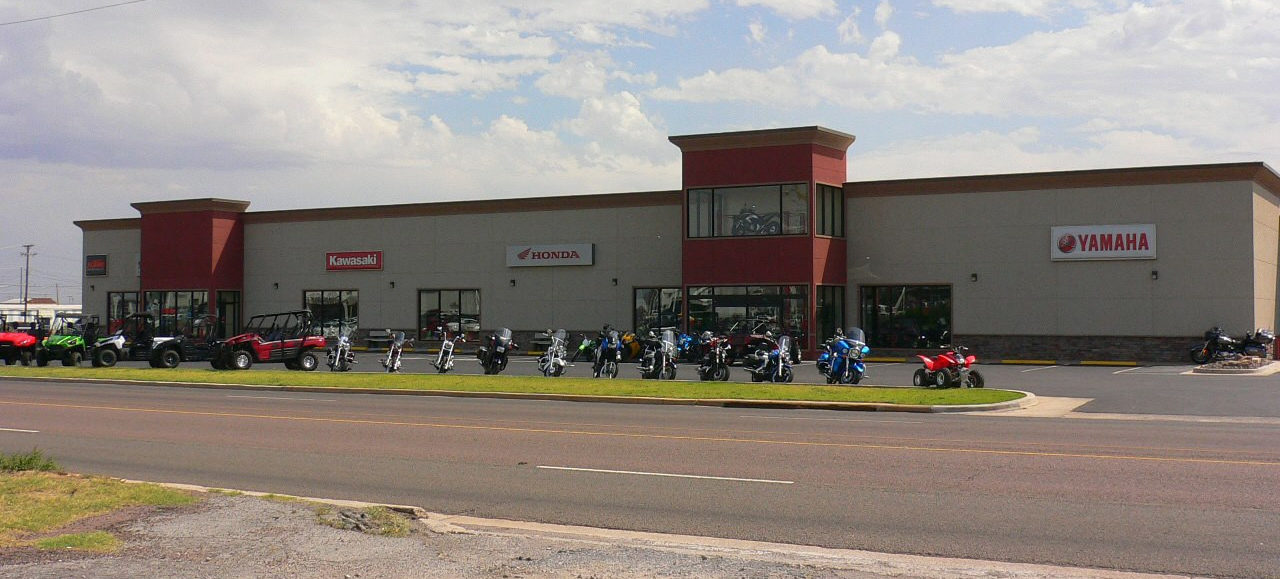Free Contactless Commerce Solution
All Dealers Eligible Through MIC BankCard
IRVINE, Calif., April 30, 2020 – Updated government guidelines confirmed that many powersports businesses nationwide are essential and can be open while following federal, state, and local COVID-19 directives. Helping dealerships meet those challenges, the MIC BankCard Program allows any dealership to set up a virtual store with contactless commerce using online invoicing and an online shopping cart, all for free.
All dealerships are eligible and not required to become MIC BankCard members or use BankCard for any other credit card processing.
“If your dealership is open or is looking to open, customers can buy products or pay for service with minimal to zero contact,” said Matt Tanzy, president of the MIC BankCard Program.
The program’s invoicing and shopping cart can work with any existing website. The online invoicing can work even if the dealership does not have a website. MIC BankCard allows a dealer to accept credit card payments online, via email, and no additional equipment is needed.
How Invoicing Works:
A customer makes a purchase over the phone or drops their bike off for service, Tanzy explained. The dealership then creates and sends the customer a customized invoice via email through the secure MIC BankCard portal. The email will have a pay button for the customer to click to pay online with a credit card. The dealership can then arrange to ship the product or leave the product for pickup at a designated area at the dealership or elsewhere.
The MIC BankCard is waiving set-up fees for online invoicing, and there are no other MIC BankCard fees, he said. Dealers will still see typical fees from credit card companies. “Dealers just need to contact us to set up their merchant ID, which is needed so MIC BankCard can transfer payments to their bank account,” Tanzy said.
Online Shopping Cart:
The cart allows a website to process credit card payments. It’s a plug-in that is very easy to add to a website, Tanzy said, and most importantly, it allows dealers to sell on their website immediately.
“Once it’s online, a dealership can upload their inventory and customers can then browse the website and add products to their cart, then check out and pay, like they do on Amazon,” Tanzy said. “Once payment is made, the dealer can ship the products or leave them at a specified area for pickup. There are no contracts, no membership requirements, and no obligations to use either BankCard feature. If a dealer doesn’t like the feature, they can cancel at any time.”
“We are grateful for the CISA 3.0 update, and now we want to do something to help the dealerships that are still operating,” Tanzy said. “These are extremely difficult times, and the last thing we want to see is a shop close and never open again. We’re all in this together, and we can work together to ride it out.”
Any dealership interested in the free virtual store features should email [email protected].
The Motorcycle Industry Council exists to preserve, protect, and promote motorcycling through government relations, communications, media relations, statistics and research, aftermarket programs, data communications standards, and involvement in technical and regulatory issues. As a not-for-profit national industry association, the MIC seeks to support motorcyclists by representing manufacturers, distributors, dealers, and retailers of motorcycles, scooters, ATVs, ROVs, motorcycle/ATV/ROV parts, accessories, and related services, and members of allied trades such as insurance, finance and investment companies, media companies, and consultants.
The MIC is headquartered in Irvine, Calif., with a government relations office in metropolitan Washington, D.C. First called the MIC in 1970, the organization has been in operation since 1914. Visit the MIC at MIC.org.







